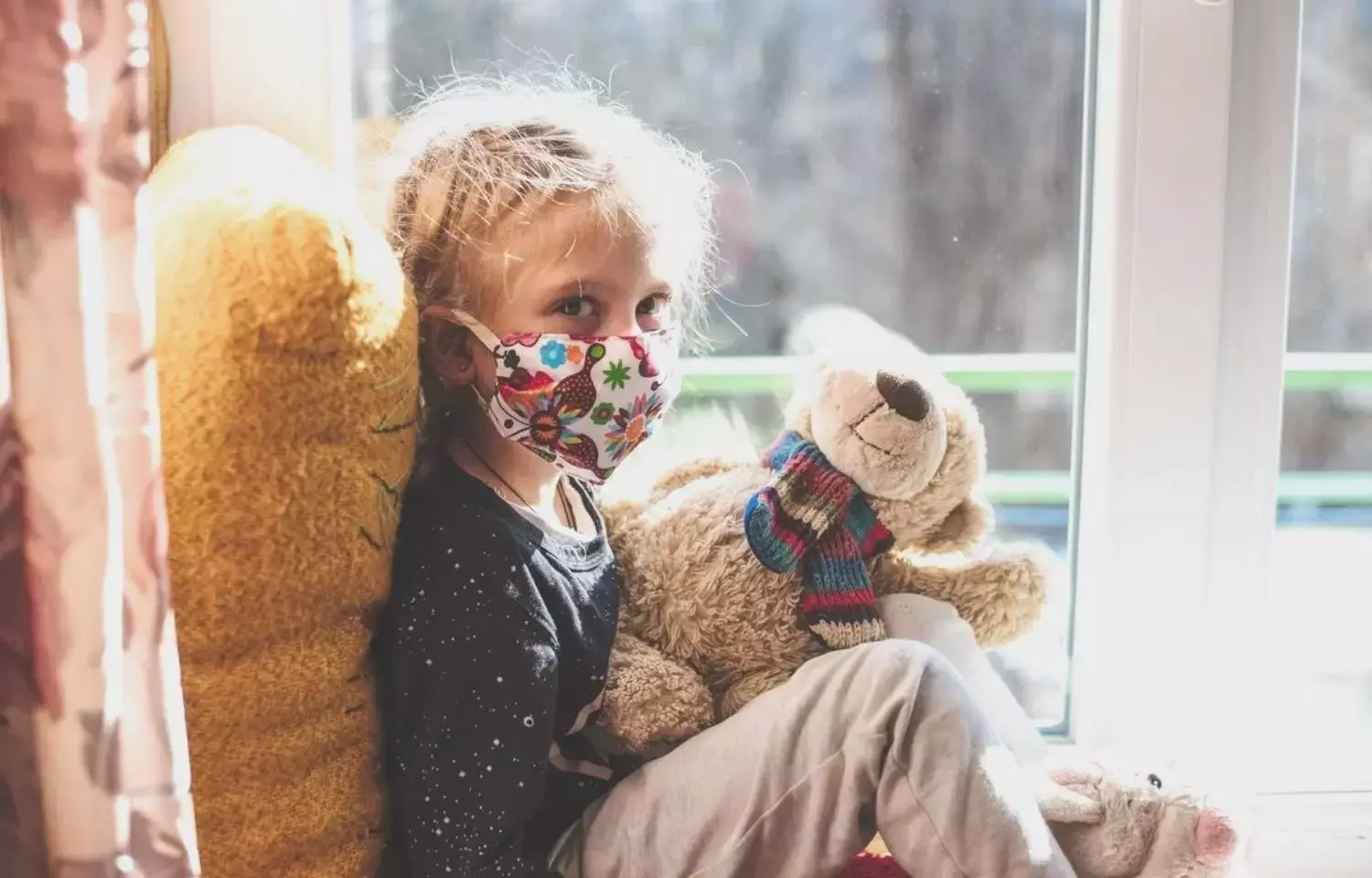- Home
- Medical news & Guidelines
- Anesthesiology
- Cardiology and CTVS
- Critical Care
- Dentistry
- Dermatology
- Diabetes and Endocrinology
- ENT
- Gastroenterology
- Medicine
- Nephrology
- Neurology
- Obstretics-Gynaecology
- Oncology
- Ophthalmology
- Orthopaedics
- Pediatrics-Neonatology
- Psychiatry
- Pulmonology
- Radiology
- Surgery
- Urology
- Laboratory Medicine
- Diet
- Nursing
- Paramedical
- Physiotherapy
- Health news
- Fact Check
- Bone Health Fact Check
- Brain Health Fact Check
- Cancer Related Fact Check
- Child Care Fact Check
- Dental and oral health fact check
- Diabetes and metabolic health fact check
- Diet and Nutrition Fact Check
- Eye and ENT Care Fact Check
- Fitness fact check
- Gut health fact check
- Heart health fact check
- Kidney health fact check
- Medical education fact check
- Men's health fact check
- Respiratory fact check
- Skin and hair care fact check
- Vaccine and Immunization fact check
- Women's health fact check
- AYUSH
- State News
- Andaman and Nicobar Islands
- Andhra Pradesh
- Arunachal Pradesh
- Assam
- Bihar
- Chandigarh
- Chattisgarh
- Dadra and Nagar Haveli
- Daman and Diu
- Delhi
- Goa
- Gujarat
- Haryana
- Himachal Pradesh
- Jammu & Kashmir
- Jharkhand
- Karnataka
- Kerala
- Ladakh
- Lakshadweep
- Madhya Pradesh
- Maharashtra
- Manipur
- Meghalaya
- Mizoram
- Nagaland
- Odisha
- Puducherry
- Punjab
- Rajasthan
- Sikkim
- Tamil Nadu
- Telangana
- Tripura
- Uttar Pradesh
- Uttrakhand
- West Bengal
- Medical Education
- Industry
COVID-19 reinfection risk lowest in children: Lancet

UK: Children had a lower risk of reinfection with COVID-19 than did adults, but reinfections were not linked with more severe disease or fatality, says a recent study in Lancet Child & Adolescent Health. From 2020 to July 2021, the reinfection rate was more than three times lower in children than in adults.
According to the study, lesser than 0.5% of children infected with COVID had a subsequent COVID infection. Adolescents aged 12 to 16 had the highest reinfection rate (0.49), followed by children aged 5 to 11 (0.24%) and children younger than age 5 (0.18%).
Reinfection following primary SARS-CoV-2 infection is uncommon in adults but not much is known about the risks, severity, characteristics, or outcomes of reinfection in children. Considering this, Helen Campbell, Immunisation and Vaccine-Preventable Diseases Division, UK Health Security Agency, London, UK, and colleagues aimed to assess SARS-CoV-2 reinfection risk in children and compare this with the risk in adults, by analysis of national testing data for England in prospective, national surveillance study.
For this purpose, the researchers used national SARS-CoV-2 testing data to estimate the risk of reinfection at least 90 days after primary infection from Jan 27, 2020, to July 31, 2021. This encompassed the alpha (B.1.1.7) and delta (B.1.617.2) variant waves in England. It included children up to age 16 years who met the criteria for reinfection. Linking reinfection cases to national hospital admission data, intensive care admission, and death registration datasets were used to assess disease severity.
The study revealed the following findings:
· Reinfection rates closely followed community infection rates, with a small peak during the alpha wave and a larger peak during the delta wave.
· In children aged 16 years and younger, 688 418 primary infections and 2343 reinfections were identified.
· The overall reinfection rate was 66·88 per 100 000 population, which was higher in adults (72·53 per 100 000) than children (21·53 per 100 000).
· The reinfection rate after primary infection was 0·68% overall, 0·73% in adults compared with 0·18% in children age younger than 5 years, 0·24% in those aged 5–11 years, and 0·49% in those aged 12–16 years.
· Of the 109 children admitted to the hospital with reinfection, 78 (72%) had comorbidities.
· Hospital admission rates were similar for the first (64 [2·7%] of 2343) and second episode (57 [2·4%] of 2343) and intensive care admissions were rare (seven children for the first episode and four for reinfections).
· There were 44 deaths within 28 days after primary infection (0·01%) and none after reinfection.
"In children, SARS-CoV-2 reinfections are rare, especially in younger children, and in England, occurred mainly during the delta wave," wrote the authors." "Reinfections were not tied to more severe diseases or fatal outcomes in children. COVID-19 vaccination will give further protection against primary infections and reinfections in children."
To conclude, SARS-CoV-2 reinfection risk is strongly related to exposure due to community infection rates, especially during the wave of delta variant. Children had a lower risk of reinfection compared to adults, but reinfections were not associated with more severe disease or fatal outcomes.
Reference:
The study titled, "Risk of SARS-CoV-2 reinfections in children: a prospective national surveillance study between January 2020, and July 2021, in England," was published in the journal Lancet Child & Adolescent Health.
DOI: https://doi.org/10.1016/S2352-4642(22)00059-1
KEYWORDS: Lancet, COVID-19, reinfection, SARS CoV 2, infection, children, disease severity, Helen Campbell, delta variant, primary infection
Dr Kamal Kant Kohli-MBBS, DTCD- a chest specialist with more than 30 years of practice and a flair for writing clinical articles, Dr Kamal Kant Kohli joined Medical Dialogues as a Chief Editor of Medical News. Besides writing articles, as an editor, he proofreads and verifies all the medical content published on Medical Dialogues including those coming from journals, studies,medical conferences,guidelines etc. Email: drkohli@medicaldialogues.in. Contact no. 011-43720751


